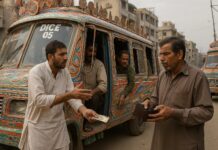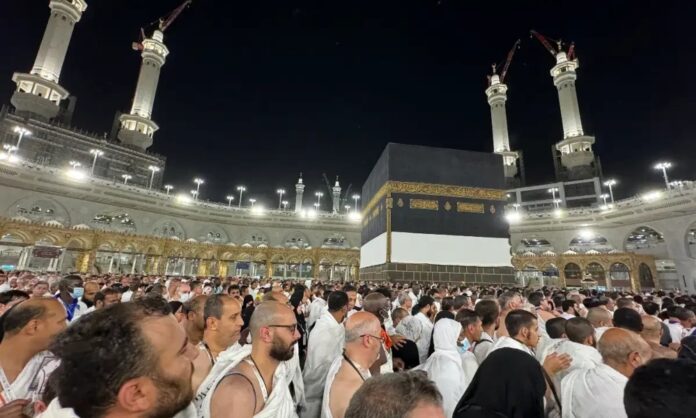The Ministry of Religious Affairs and PIA’s agreement for Hajj 2025 flights is a key part of Pakistan’s revised Hajj Policy 2025, which prioritises structure, accessibility, and safety for Pakistani pilgrims. Under this agreement, PIA will transport 35,000 pilgrims registered through the government scheme, with plans to secure additional partnerships with Saudi Airlines and other local carriers to accommodate the full pilgrim quota.
Equal Split Between Government and Private Sectors
The Hajj Policy 2025 introduces several new regulations. A significant one is the equal distribution of the Hajj quota between government and private schemes. This means that 50% of the quota will be reserved for government-registered pilgrims, with the remaining half available through private tour operators. Special provisions have also been made for children, as the policy now prohibits children under 12 from performing Hajj. Additionally, the government aims to prevent a reduction in the overall quota; if the sponsored scheme does not meet its quota, the remaining spots will be allocated to general applicants.

To support affordability, the policy includes a three-installment payment option. Pilgrims can pay Rs200,000 with their application, Rs400,000 after a successful lottery draw, and the remaining balance closer to their departure. The estimated total cost will range from Rs1.075 million to Rs1.175 million, with priority given to first-time applicants. Those unable to go due to health restrictions, particularly serious or contagious illnesses, will be barred from Hajj 2025 to prioritise the health and safety of all attendees.
New Three-Installment Payment Option
The policy also introduces compensation measures. In case of a pilgrim’s death during the pilgrimage, the family will receive Rs2 million, while injured pilgrims will be compensated as well. Furthermore, a quota of 5,000 pilgrims is reserved for overseas Pakistanis, ensuring they have the chance to participate.

Pakistan’s Hajj Policy 2025 reflects a commitment to streamlining the pilgrimage process while addressing modern concerns such as financial planning and health safety. The addition of airline agreements, special provisions for vulnerable populations, and a structured payment system aims to make this spiritual journey more accessible and secure for all Pakistanis.
Stay tuned to Brandsynario for the latest news and updates









































